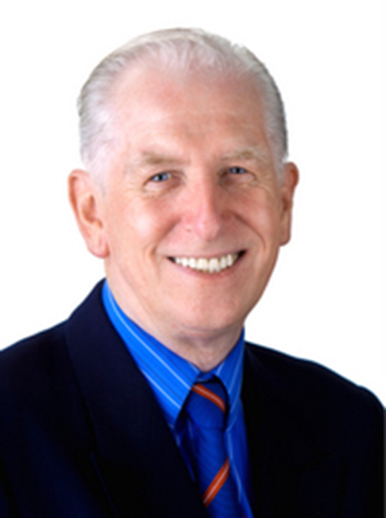
Introducing our founder, Dr Charles Margerison
My parents both left school when they were 14 years of age. It was an era when it was expected that young people should find a job as soon as possible to contribute to the family income.
However, they wanted me and my brother to have better opportunities. I left school at the age of 16 and went to work as a clerk in an office. It was repetitive and boring work. My second job when I was 18 years old was in social services, doing administrative work to help the elderly, the disabled and those in need. It opened a new world as to progress one needed professional qualifications. My colleagues encouraged me to attend night school and I was able to re-enter the education system. That enabled me to gain a degree from the University of London School of Economics and also Liverpool University. Later, I qualified as a Psychologist by completing a doctorate on the social learning of young students.

Learning has long been a passion of mine. When we are at school, we learn about people like William Shakespeare, Dr Marie Curie, Albert Einstein, Harriet Tubman, Michelangelo, and a host of other amazing people, who made their mark upon the world. But, who were they and how did they live their lives?
As I visited the places where they lived, I gained fascinating insights into how they achieved success. In particular, I focused on two main questions:-
1. What can we learn from their experiences?
2. How did they use their time to achieve success?
These questions guided my efforts to explore the life stories of amazing people, such as Marie Curie, Dr Elizabeth Garrett, Michelangelo, and William Shakespeare. To do so, I have visited the countries, cities, towns and homes, where they lived and worked.
In the process, I discovered many things that we do not learn at school. In particular, I learned about the motivations and principles that guided the efforts of amazing people.
Dr Louis Pasteur is a good example. This great scientist, who discovered bacteria, was motivated in his search, by the fact that three of his children died from disease when they were only young. Harriet Tubman, who was born into slavery, realised that she would not have a life worth living unless she escaped.
These examples illustrate how people, who achieved amazing things, were not only talented and skilled but also had strong convictions and motivations.
By profession, I am a Psychologist. Therefore, I wanted to understand how amazing people developed their creativity and innovations. As a result, I conducted virtual interviews. I imagined that William Shakespeare travelled through time to meet me in Stratford-upon-Avon. Instead of asking him about his plays, I interviewed him about his life. I then wrote what I call a Bioview – a new name for a biographical interview – where each person’s story is told in the first person.
By walking the streets and meeting the local people, I was able to imagine what it was like back then, putting myself in the shoes of these amazing people. We can all learn about the process of achievement from the life stories of amazing people through Bioviews. I have written virtual interviews with over 500 Amazing Achievers, as if they returned through time. This helps students and adults to learn from the worlds outstanding champions in science, art, engineering, medicine, business, and other key areas.
“We help people develop their abilities by learning from the achievements of amazing people who converted ideas into results.”
Copyright © 2021. Amazing People Worldwide. All Rights Reserved.
This site is protected by reCAPTCHA and the Google
Privacy Policy and Terms of Service apply.